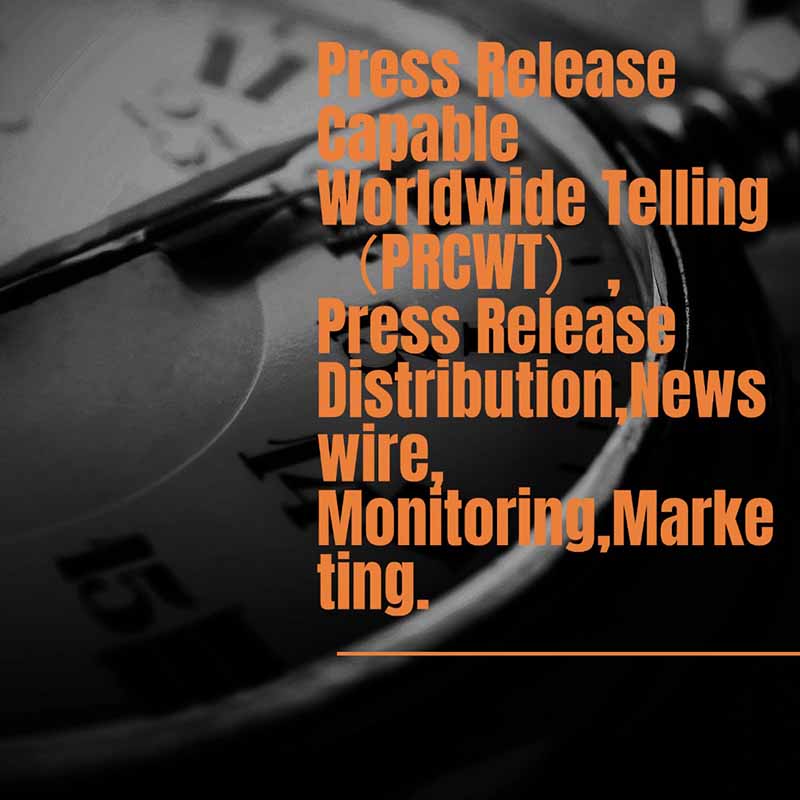The words "able" and "capable" are often used interchangeably, but they do have some细微 differences. "Able" usually refers to the physical or mental ability to do something, while "capable" emphasizes the potential or suitability to do something. For example, we might say "I am able to run a marathon" to describe our physical ability, but we might say "He is capable of leading a team" to emphasize his leadership potential.
"Capable" means having the necessary ability, skill, or quality to do something. It implies that someone or something is competent or fit for a particular task or role. For example, a capable engineer is someone who has the skills and knowledge to design and build complex systems.

As mentioned earlier, the main difference between "able" and "capable" is that "able" focuses on the actual ability to do something, while "capable" emphasizes the potential or suitability. Another difference is that "able" is often used in the present tense, while "capable" can be used in the present, past, or future tense. For example, we might say "I am able to swim" or "I was able to swim last summer," but we might say "He is capable of learning any language" or "She will be capable of handling the job next year."
In general, both "able" and "capable" are used to describe someone or something's ability to do something. However, "able" is often used in a more specific or immediate context, while "capable" is used in a more general or long-term context. For example, we might say "I am able to fix this problem right now" or "He is capable of achieving great things in the future."
In conclusion, while "able" and "capable" are similar in meaning, they do have some细微 differences in usage. Understanding these differences can help you use the words more accurately and effectively in your writing and speaking.